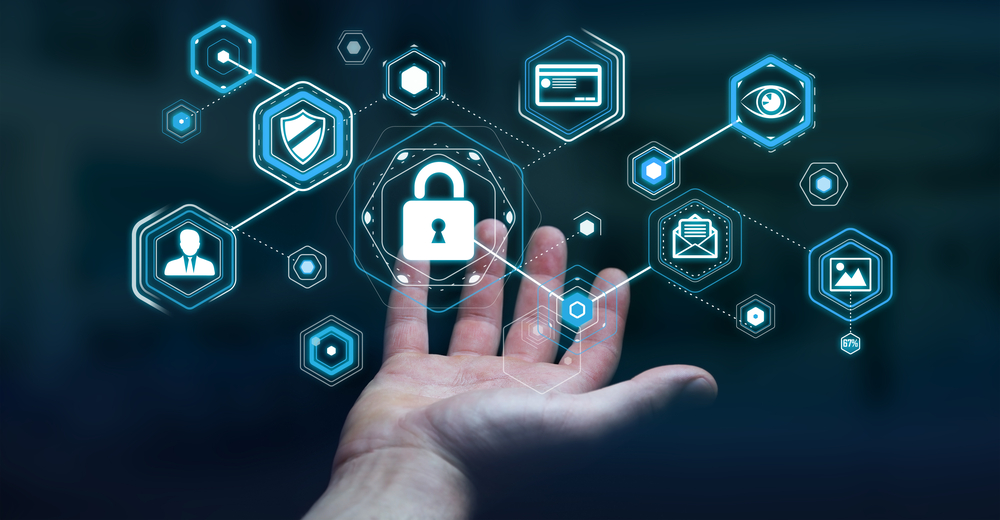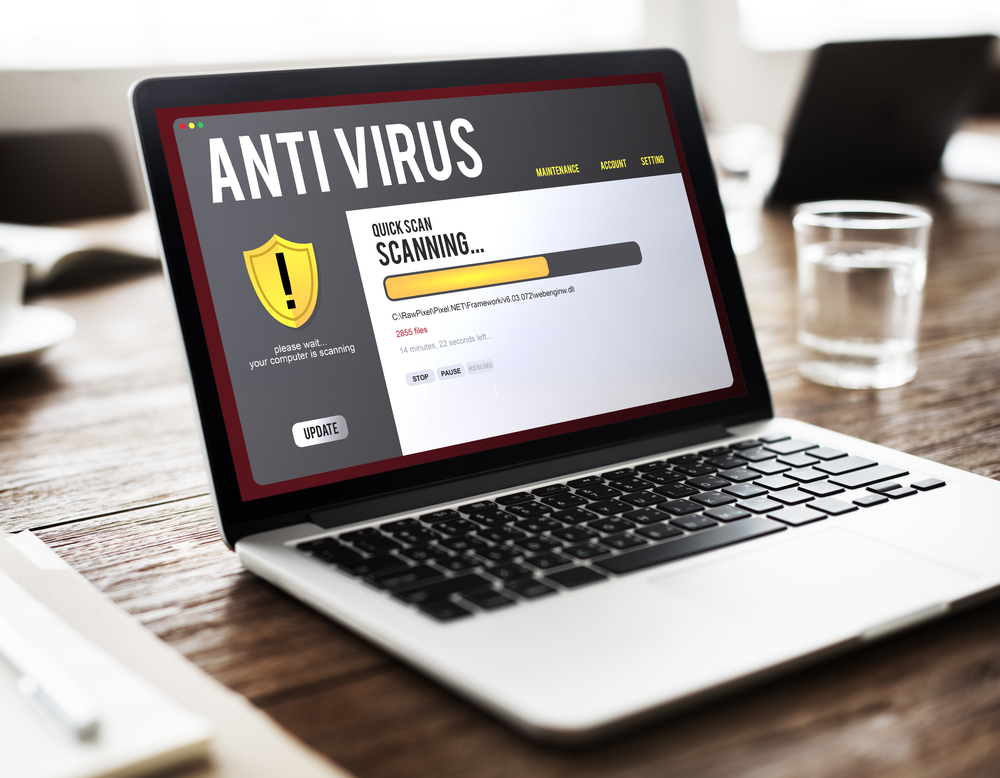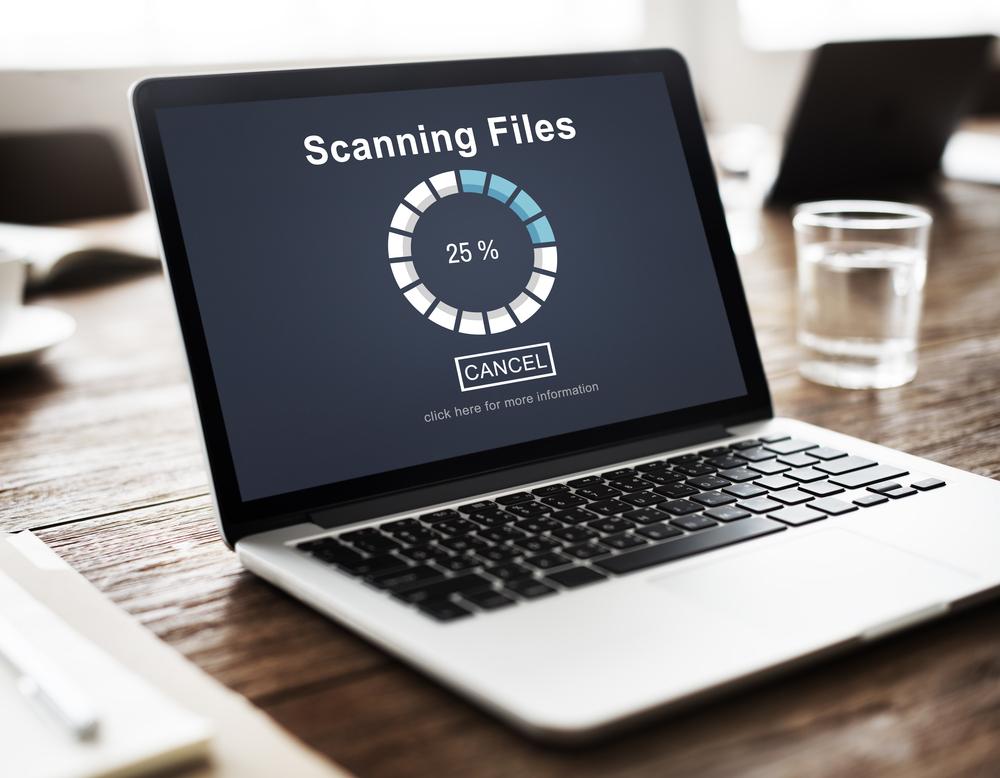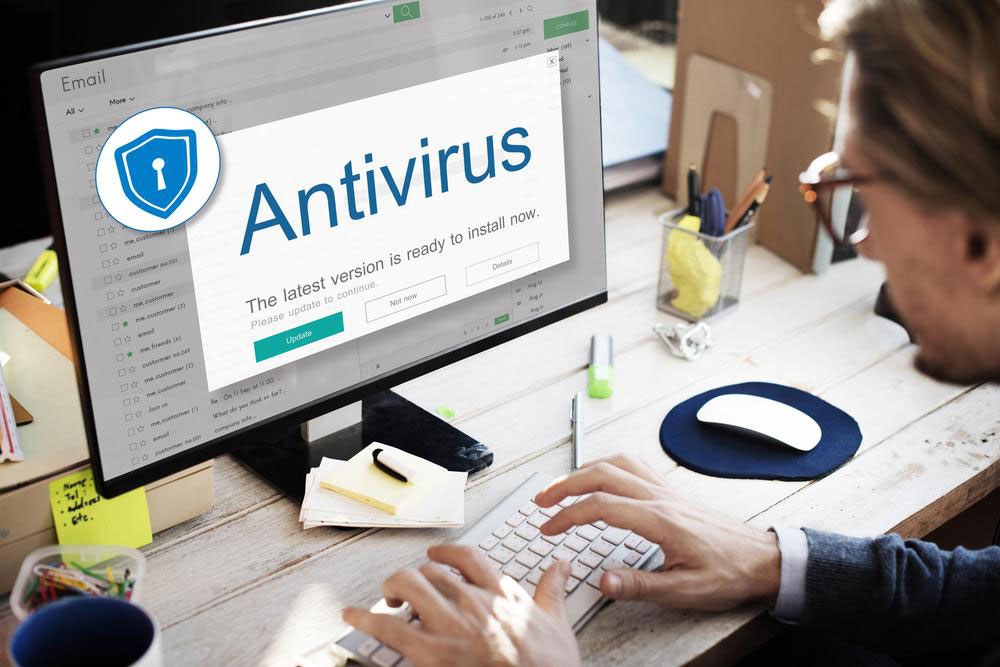Comprehensive Guide to Antivirus Software
Explore this detailed overview of antivirus software, understanding how it detects, prevents, and combats various cyber threats. Learn about different detection methods, layered security, and best practices for safeguarding your device data. This guide emphasizes the importance of real-time protection and multi-layered defenses to ensure optimal cybersecurity for personal and professional use.

Comprehensive Guide to Antivirus Software
Antivirus or anti-malware programs are essential tools embedded in devices like laptops, desktops, tablets, and smartphones to detect, block, and eliminate malicious threats. Installing reliable antivirus software safeguards your system from harmful software that can corrupt data or hijack files for ransom. These programs are designed to identify and remove various types of viruses and malware attempting to compromise your computer. With evolving threats, modern antivirus solutions offer multiple layers of defense to keep your data protected and secure.
They shield your device from dangerous online threats including ransomware, rootkits, keyloggers, browser hijackers, worms, Trojans, and adware. Many antivirus tools also defend against phishing sites, scam URLs, spam, social engineering attacks, and online privacy breaches. Since there’s no single method to detect all malware, layered protective strategies improve detection accuracy, ensuring your network stays safe from cyber threats.
The software utilizes various detection techniques: sandbox analysis runs suspicious programs in isolated environments to observe their behavior, while data mining and machine learning classify files as safe or malicious based on patterns. Signature-based detection relies on known virus signatures, but advanced malware like polymorphic or metamorphic viruses can evade this. Heuristics analyze code structures to identify new or evolving threats. Real-time monitoring continuously scans for malicious activity, providing instant protection. Antivirus programs, however, require privileged system access, making them potential targets and necessitating cautious security practices. Besides standalone software, integrated solutions like firewalls and cloud-based scanners enhance overall cybersecurity.










